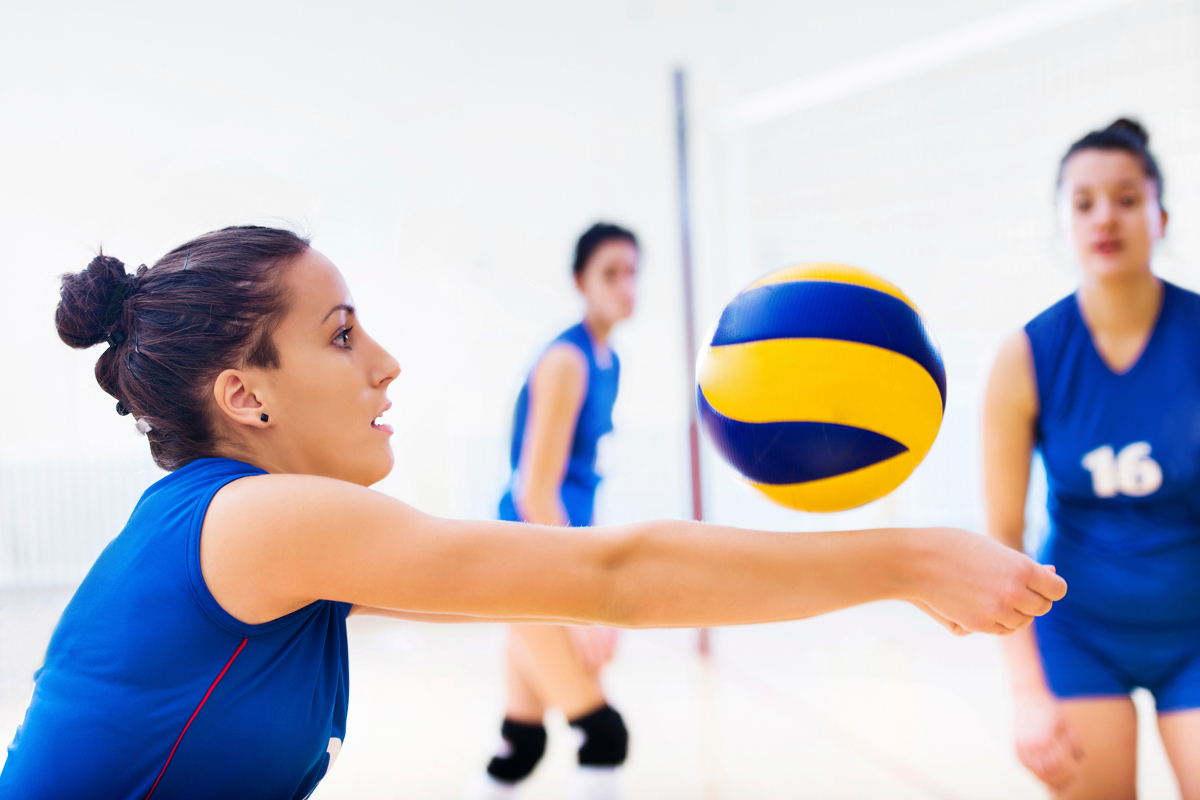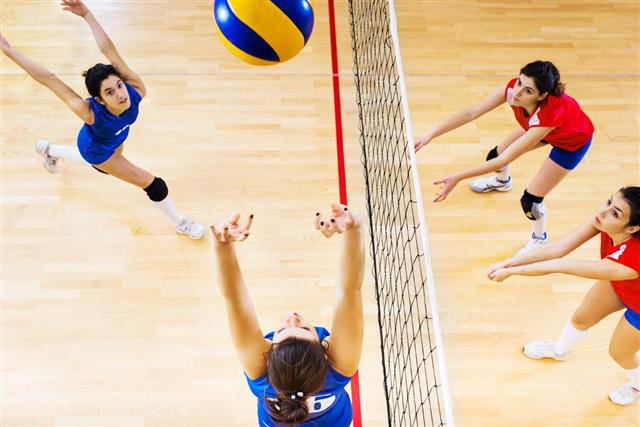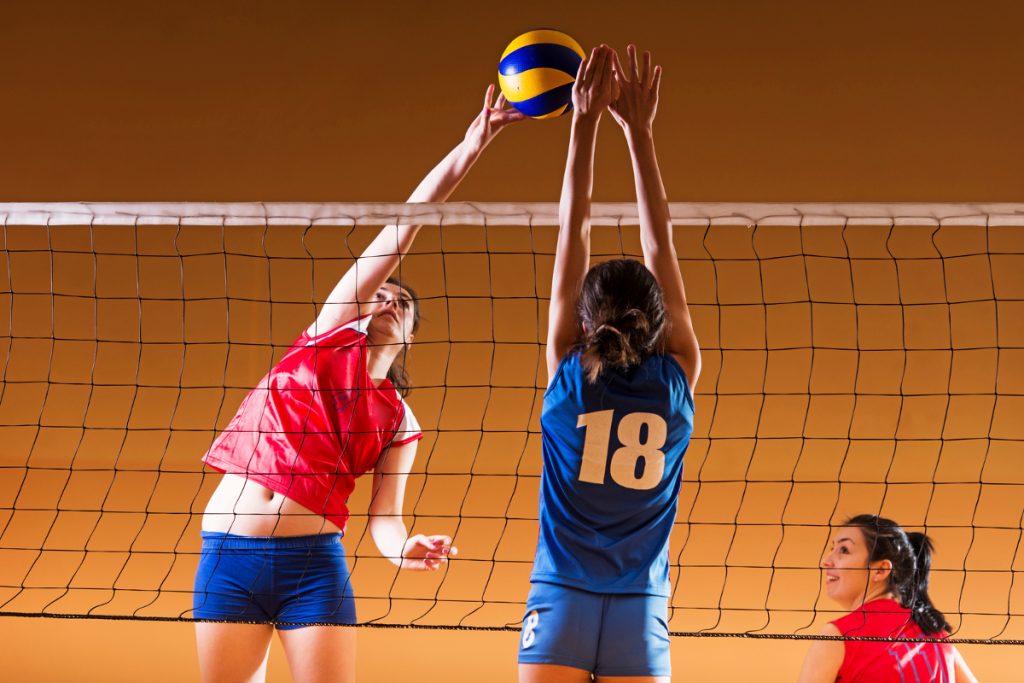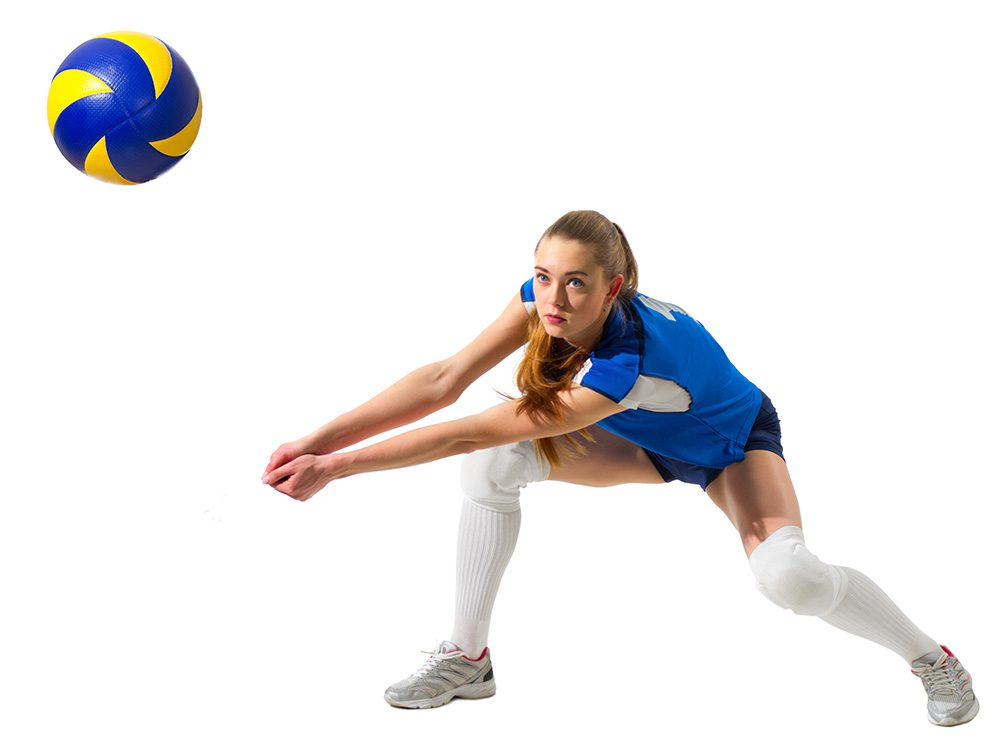
Volleyball is a sport that balances intense physical demands with strategic gameplay, requiring both athletic and tactical acumen. Players at all levels, from enthusiastic beginners to seasoned professionals, must master a comprehensive set of skills in volleyball to excel. The sport is played on diverse grounds – from sunlit beaches to competitive indoor arenas – and each setting demands a robust skill set that includes serving, passing, setting, attacking, blocking, and strategic defensive moves.
Acquiring these skills is critical for anyone aiming to elevate their game. For amateur players, learning these foundational skills is essential for enjoyment and effective competition. Meanwhile, professionals must continuously refine their abilities to stay competitive and responsive during play.
This guide delves into both the essential techniques and the more complex maneuvers necessary to progress from mere participation to a higher level of competition in volleyball. It offers every player the chance to improve and succeed within the sport’s dynamic environment, enhancing their ability to strategize in real-time and outmaneuver opponents effectively on the court. By focusing on skills in volleyball, players can significantly enhance their contribution to their team and their overall game performance.
Fundamental skills in volleyball
Volleyball is a sport that thrives on energy and quick reflexes, fundamentally relying on a set of core skills that every player, whether amateur or seasoned, must cultivate. These volleyball skills are crucial for effective play and include passing, setting, and serving, each essential for maintaining team synergy and game flow.
Passing is typically the introductory skill for players, crucial for a team’s defense. It involves the accurate reception and control of the ball from an opponent’s play to initiate your team’s offensive response. The most frequently used technique here is the forearm pass, or bump, where a player uses their forearms to guide the ball to the setter. The effectiveness of this skill hinges on the player’s stance and the precision of their arm positioning, which are vital for a directed and clean pass.
Setting is the strategic heart of the team, requiring swift decision-making and meticulous accuracy. The setter, acting as the playmaker, navigates the game’s offensive dynamics. An adept set transforms a defensive moment into a robust offensive attack, necessitating sharp hand-eye coordination and spatial awareness to position the ball perfectly for a spike.

Serving is the game’s starting play and sets the rally’s tempo. It presents a unique challenge and opportunity, with techniques ranging from the forceful jump serve to the subtle float serve. Serving is a pivotal skill, as it is the one instance in volleyball where the player exercises complete control over the ball’s delivery, impacting the game’s pressure points significantly.
Developing these basic skills in volleyball not only boosts a player’s contribution to the team but also establishes a strong foundation for mastering more intricate volleyball tactics. Through consistent practice and strategic skill application, players can significantly elevate their performance and deepen their strategic understanding of the sport.
Advanced volleyball techniques
Delving deeper into volleyball techniques, spiking, blocking, and defensive maneuvers stand out as pivotal skills that can significantly influence a match’s outcome and enhance team dynamics. These advanced techniques require a blend of agility, precision, and tactical knowledge, making them crucial for players aiming to excel in competitive settings.
Spiking serves as one of the most dramatic and effective ways to score points. To execute a powerful spike, players must perfect their approach, jump timing, and arm swing. The ability to perform quick spikes, line shots, or cross-court hits adds a strategic layer to offensive plays, allowing teams to exploit weaknesses in the opposition’s formation.
Blocking is another critical skill, particularly for front-row players. Effective blockers must anticipate the spiker’s actions and position themselves to obstruct the ball’s path back into their court. This skill not only prevents opponents from scoring but also sets up opportunities for quick counterattacks. A well-timed block can shift the momentum of a game and boost team morale.
Lastly, advanced defensive moves such as digs and rolls are essential for keeping the ball in play and building up offensive sequences. Players skilled in these techniques can often turn a likely point for the opposition into a setup for their own team’s attack, demonstrating the profound impact defense can have on volleyball’s fluid gameplay.
Understanding and mastering these advanced volleyball moves not only enhances individual performance but also contributes significantly to overall team strategy and success. As players become proficient in these areas, they can adapt to changing game situations more effectively, communicate better on the court, and execute complex plays with confidence, all of which are indispensable for winning at higher levels of competition.
Specialty skills and moves in volleyball
In the realm of competitive volleyball, developing a diverse skill set that includes specialized maneuvers can markedly elevate a player’s impact on the game. Among these advanced techniques, the jump serve, slide attack, and libero-specific moves are critical for players looking to stand out and add strategic depth to their team’s play.
The jump serve offers a potent mix of power and unpredictability. By leaping and striking the ball from a higher point, players can generate more speed and a steeper angle of descent, making the serve harder for opponents to predict and return. Mastery of this skill not only increases a team’s scoring opportunities but also disrupts the rhythm of the opposing team.
Similarly, the slide attack is a dynamic hitting technique often utilized by middle blockers but can be adapted by outside hitters as well. This move involves a fast, lateral approach behind the setter, allowing the hitter to remain airborne while executing a hit off one leg. The slide attack’s speed and unusual angle make it a formidable tool against unprepared defenses.
Liberos, with their defensive specialization, also have unique moves tailored to enhance their back-row play. These include advanced digging techniques and precise passing strategies that are vital for turning defensive plays into offensive opportunities. The libero’s ability to read the game and execute these specialized skills often dictates the fluidity and resilience of a team’s defense.
The importance of versatility and specialization in volleyball cannot be overstated. Players who develop such specialized skills bring invaluable versatility to their teams, allowing for more dynamic strategies and the ability to adapt to the changing pace and tactics of high-level volleyball games. Through dedicated practice and strategic application of these advanced skills, players can significantly boost both their personal performance and their team’s competitive edge.

Developing your volleyball skills
To enhance your skills in volleyball and elevate your overall performance, adopting a comprehensive and structured training regimen is essential. Here’s a restructured and detailed approach to improving your volleyball game:
Developing volleyball techniques through skill-specific training:
To sharpen each volleyball skill, tailor your drills to the specific demands of the game. For serving improvements, regularly practice various serves such as float and jump serves. This repetitive practice in a controlled setting enhances precision and power. Similarly, drills that simulate real-game scenarios are crucial for refining passing and setting skills, boosting both your reaction speed and accuracy.
Enhancing Physical Fitness:
The physical demands of volleyball are significant, requiring robust conditioning. Focus on strength training that targets the core, legs, and arms—key areas for volleyball movements. Additionally, integrating plyometrics and agility exercises into your routine will improve your speed and explosive power on the court. A well-conditioned athlete can perform volleyball techniques more effectively and sustainably.
Strengthening Mental Acuity:
Mental preparation is as critical as physical training. Engage in visualization and mindfulness to enhance focus and mental clarity, particularly useful in high-pressure game situations. These practices help in maintaining calm, improving rapid decision-making, and enhancing overall game-time performance.
Committing to Consistent Practice:
Establish a routine that allows for regular, focused practice sessions. Consistent training is crucial for developing muscle memory and mastering intricate skills in volleyball.
Utilizing Feedback for Improvement:
Continuously seek constructive feedback from coaches and experienced players. Adjust your techniques and strategies based on this input. Additionally, consider video analysis to visually identify and correct technical flaws.
Prioritizing Rest and Recovery:
Balance rigorous training with adequate rest. Recovery is crucial to prevent injuries and ensure sustained high performance, allowing you to train effectively and maintain peak condition.

Enhancing your volleyball journey
Throughout this discussion, we have uncovered that acquiring volleyball skills extends beyond just the fundamentals; it’s about embarking on a persistent path of skill enhancement and adaptability. This article has highlighted a spectrum of techniques, ranging from the foundational skills like passing and setting to more intricate abilities such as spiking and blocking. These skills are essential for players at all levels who are dedicated to advancing their performance.
Consistent practice and a dedication to skill refinement are vital steps toward volleyball mastery. Integrating into a community of volleyball players offers invaluable experiences, blending competitive action with the camaraderie that nurtures development. Actively participating in drills, matches, and tournaments can propel your skills forward at a remarkable pace.
The evolution of skills in volleyball is a rewarding endeavor that challenges players to continuously improve. Every training session, match, or interaction with peers presents a fresh opportunity to enhance your abilities. Keep your motivation high, remain steadfast in your efforts, and relish the vibrant and thrilling nature of volleyball. Your commitment will not only yield noticeable skill improvements but also deepen your understanding and appreciation of the strategic depth of the game.
